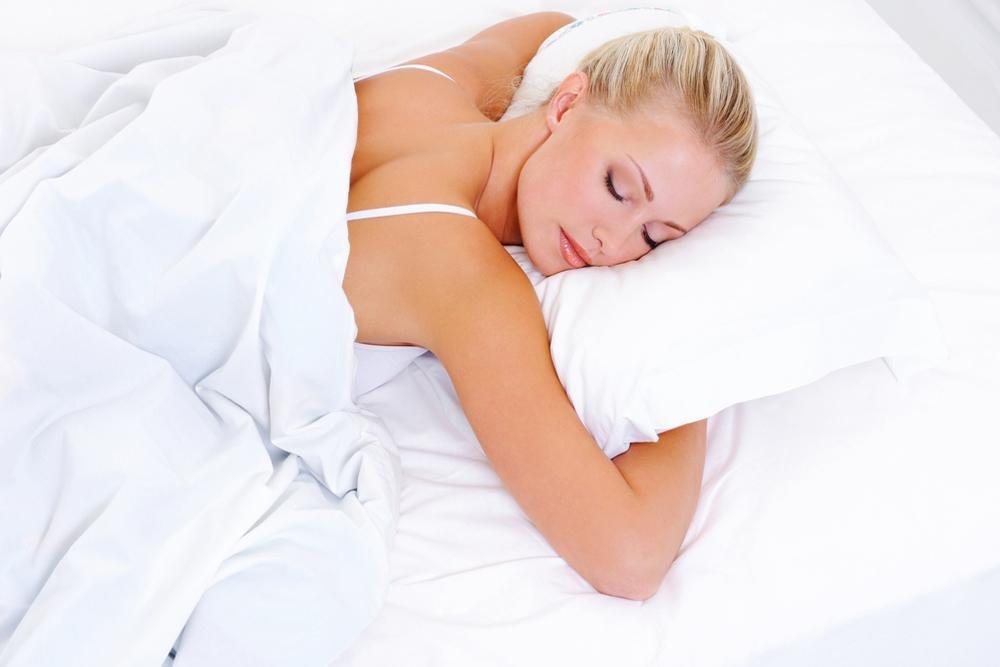Addicted to Sleep: Is it Possible and What to Do?

Sleep is one of the things in life that most people feel they can never have too much of. Part of the reason you feel this way is that failing to get enough sleep affects almost every other aspect of your day. Simple things like mood and complex things such as fine motor skills are greatly diminished by a lack of sleep. But, how much sleep does your body really need and is it possible to become addicted to sleep?
What is Being Addicted to Sleep All About?
If you are obsessed with sleeping or have an intense desire to stay in bed, you could be suffering from a condition called clinomania. That doesn’t mean that there aren’t people who can experience symptoms similar to addiction and even withdrawal in association with sleep, or lack thereof, however. There have been many studies conducted to determine the ill effects of getting too little sleep.
However, a few studies are beginning to explore the impact of getting too much sleep as well. One recent study conducted by Universite Laval’s Faculty of Medicine concluded that risk of developing diabetes is 2½ times greater among groups who sleep fewer than seven and greater than eight hours each night. There are physical dangers in too much sleep just as there are physical dangers involved in getting too little sleep. Other studies have revealed similar results for obesity and cardiovascular disease.
How Much Sleep is Ideal?
A new study conducted by Scripps Clinic Sleep Center in La Jolla, California has determined a finding that is surprising to many. Even more importantly, these findings have been supported by similar studies conducted in East Asia and in Europe.
What is the surprising revelation? According to the study, people who sleep between 6½ and 7½ hours per night live longer than those who sleep more or less. In fact, this study blows the idea that you need a minimum of eight hours of sleep completely out of the water by further claiming that: “long sleep seems to start at eight hours. Sleeping 8½ hours might really be a little worse than sleeping five hours.”
Kicking the Sleeping Habit
You know the old adage “If it walks like a duck and quacks like a duck then it must be a duck.” The same holds true with being addicted to sleep. If it acts like an addiction and feels like an addiction then you need to kick the habit as you would any other destructive addiction.
Unfortunately, when it comes to sleep, you can’t just stop sleeping cold turkey. Your body still needs to fall asleep. But there are a few things you can do that will help you stop oversleeping.
1) Focus on quality of sleep rather than quantity – sleeping on a latex mattress can help significantly.
2) Eliminate caffeine from your diet several hours before bedtime, preferably after noon.
3) Create a sleep schedule and stick to it.
4) Turn off all electronics, such as the television and computer, at night so that you’re actually sleeping through the night and not constantly waking or being impacted by how light affects sleep.
5) Get an adequate amount of sleep without overdoing the sleep (6 ½ to 7 ½ hours are generally plenty).
It will take awhile to get back on a proper sleep schedule, but the mental healthy and physical health benefits of doing so are well worth the efforts. Even if it isn’t one of the medically recognized sleep disorders or addictions, being addicted to sleep still has many of the destructive capabilities of any other addiction to your social life, emotional well-being, and physical health. Don’t dismiss its potential impact on your life by ignoring the problem.
Link to Us!
If you found this article useful and shareable, please copy and paste the following into the html code of your website or blog:
Learn More About Going Green at the <a href="https://www.plushbeds.com/blogs/green-sleep/sleep-addiction">PlushBeds Latex Mattress Blog</a>.
*Please note that we DO NOT accept guest blog posts. Any inquiries into this will be respectfully left unanswered.
The post Addicted to Sleep: Is it Possible and What to Do? appeared first on PlushBeds Latex Mattress Blog.
